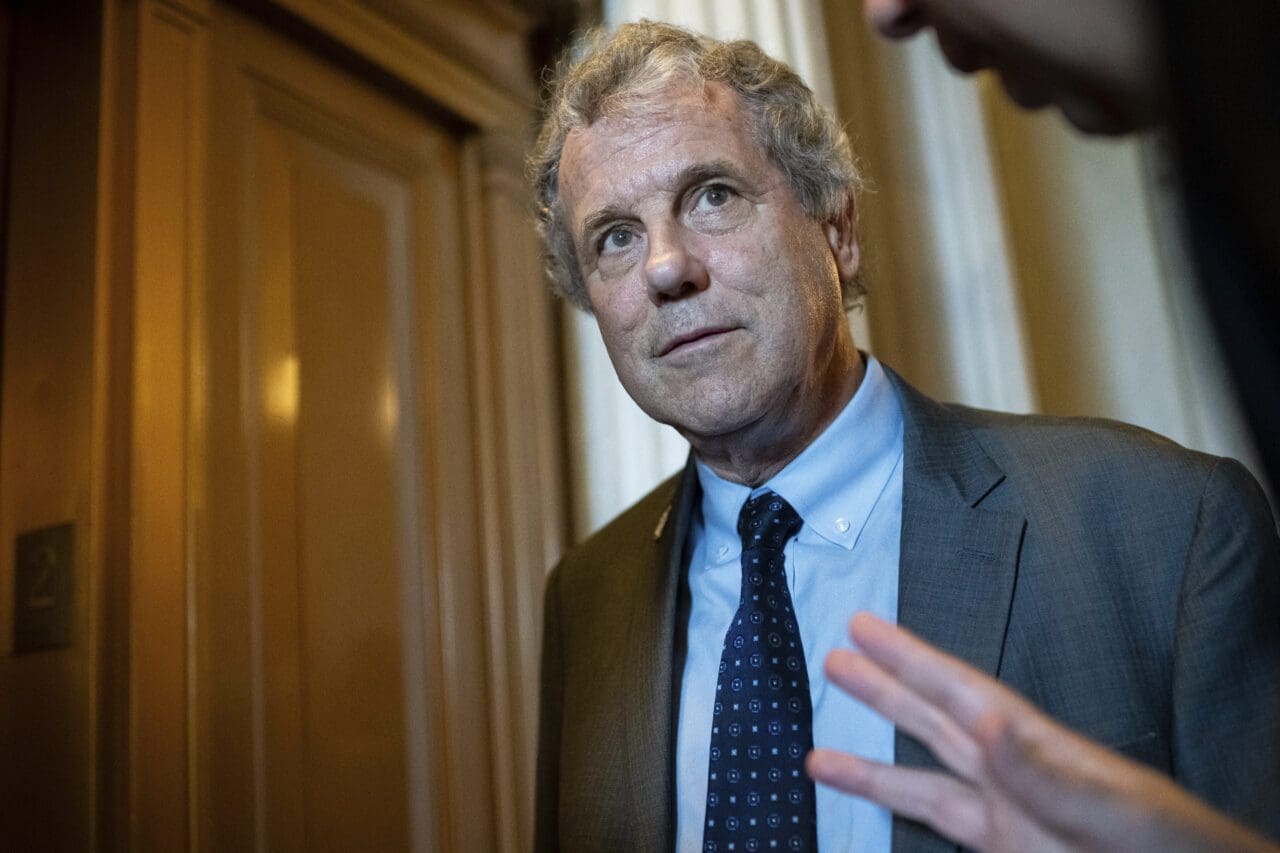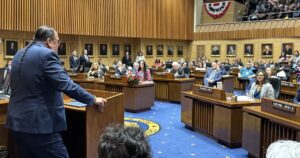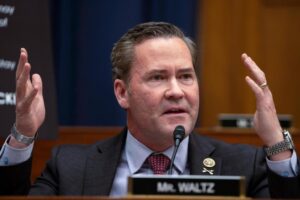In a significant move for millions of Americans, President Joe Biden has enacted legislation aimed at enhancing Social Security benefits. The signing, which took place on January 5, provides a financial boost to nearly 3 million individuals, primarily benefiting public employees such as teachers and police officers. This action arrives amidst growing concerns that impending cuts to Social Security might be on the horizon due to political shifts.
Social Security Fairness Act: A Bipartisan Success
The Social Security Fairness Act, which received bipartisan approval in the Senate last month, aims to amend the current system where Social Security payments are reduced for those who have public pensions. With this new law, retirement benefits for public employees will see an increase, addressing a long-standing issue.
“The bill I’m signing today is about a simple proposition,” stated President Biden. “Americans who have worked hard all their life to earn an honest living should be able to retire with economic security and dignity.”
Political Dynamics and Resistance
This legislative milestone was reached shortly after Louisiana Rep. Mike Johnson secured another term as Speaker of the House. Johnson, associated with the far-right House Freedom Caucus, had committed to reducing federal expenditure, a stance that many believe includes potential cuts to Social Security and Medicare. Despite initial opposition, a discharge petition allowed the Social Security Fairness Act to be brought to a vote, passing 327-75 with Johnson’s reluctant support.
A representative for Johnson did not provide comments on the matter.
Future of Social Security Under Scrutiny
During his campaign, Donald Trump assured voters there would be no reductions in Social Security spending. However, the creation of the Department of Government Efficiency, led by Vivek Ramaswamy and Elon Musk, has raised eyebrows. This commission aims to identify and eliminate wasteful federal spending, which economists argue could necessitate cuts to essential programs like Social Security and Medicare.
Similarly, Vice President-elect J.D. Vance has indicated a potential openness to revisiting safety net programs, echoing the administration’s broader fiscal objectives.
Legacy of Persistence
The Social Security Fairness Act has been a legislative focus since its inception in 2001. Ohio Senator Sherrod Brown, a long-time advocate for public servants’ retirement rights, reintroduced the bill multiple times. His efforts culminated in the bill’s passage shortly before his departure from the Senate, following an electoral defeat by Republican Bernie Moreno.
Brown expressed his satisfaction via social media, stating, “For decades I have fought to ensure that public servants get the full Social Security they have earned. Tonight, we passed the Social Security Fairness Act and finally got it done.”






